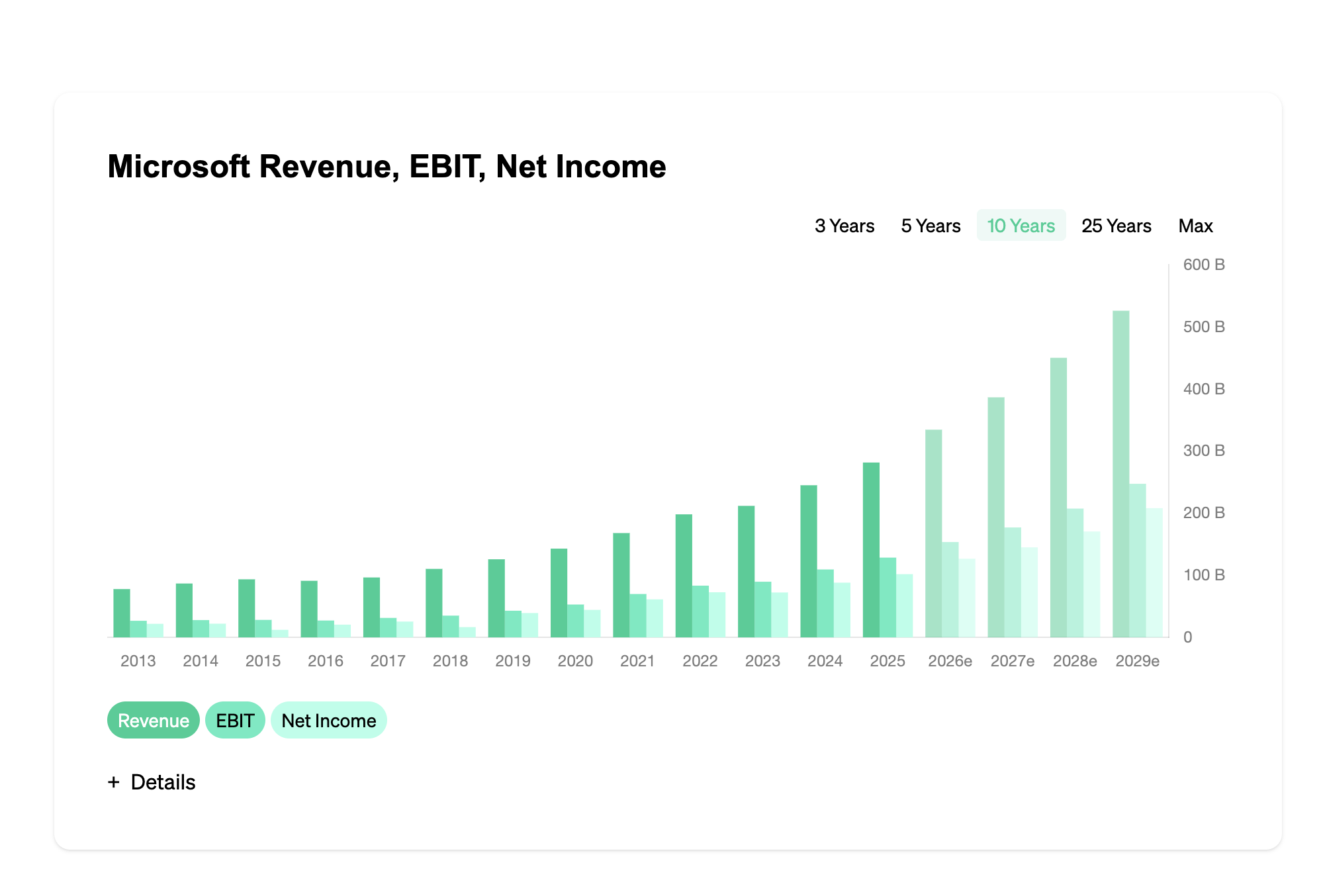Build Own Operate
Definition and Explanation
TL;DR – Brief Definition
Go to FAQs →Build Own Operate: Definition: "Build-Own-Operate" (BOO) describes a business model commonly used in infrastructure development and project financing. It refers to a contractual arrangement where a party, usually a private company or consortium, assumes the responsibility for designing, constructing, owning, and operating a facility or infrastructure asset. This model is prevalent in various sectors, including energy, transportation, telecommunications, and public-private partnerships (PPP). "Build-Own-Operate" projects typically involve a lengthy contractual framework known as a concession agreement, which outlines the rights, obligations, and financial arrangements between the project company and the public entity or grantor. The project company assumes the risk involved in developing and operating the asset, usually financing a significant portion of the project costs through debt and equity. From a financial perspective, the project company may secure funding from various sources, including commercial banks, development banks, institutional investors, and capital markets. The funds acquired are primarily used to finance construction and acquisition costs. The company then generates revenue by operating the asset and charging users (e.g., toll fees for roads, electricity tariffs for power plants) or through a concession fee, as agreed upon in the concession agreement. The "Build-Own-Operate" model offers advantages to both the project company and the grantor. For the project company, it allows them to participate in infrastructure development, providing a steady revenue stream over an extended period. Additionally, the concession agreement guarantees the project company exclusive rights to operate the asset during the concession period. On the other hand, the grantor benefits from "Build-Own-Operate" projects by transferring the risks associated with infrastructure development, operation, and maintenance to the project company. In the case of PPPs, this model allows the government to leverage private sector expertise and resources, avoiding the burden of financing infrastructure projects solely using public funds. Overall, the "Build-Own-Operate" model has proven to be an effective mechanism for infrastructure development and finance. Its flexibility and potential for attracting private investment have made it a popular choice for various capital market participants seeking opportunities in infrastructure projects. With well-structured contractual agreements and sound financial management, "Build-Own-Operate" projects can lead to successful investments, spurring economic growth while fulfilling societal needs. As a leading platform for equity research and finance news, Eulerpool.com provides comprehensive insights into the "Build-Own-Operate" model and its applications in capital markets. With our glossary, investors and market participants can stay informed about this and other terms related to stocks, loans, bonds, money markets, and cryptocurrencies. Stay updated with the latest trends and developments in the industry, supporting your investment decisions with expert knowledge. Visit Eulerpool.com today!
Detailed Definition
Frequently Asked Questions about Build Own Operate
Was bedeutet Build Own Operate?
Definition: "Build-Own-Operate" (BOO) describes a business model commonly used in infrastructure development and project financing. It refers to a contractual arrangement where a party, usually a private company or consortium, assumes the responsibility for designing, constructing, owning, and operating a facility or infrastructure asset.
Wie wird Build Own Operate beim Investieren verwendet?
„Build Own Operate“ hilft dabei, Informationen einzuordnen und Entscheidungen an der Börse besser zu verstehen. Wichtig ist immer der Kontext (Branche, Marktphase, Vergleichswerte).
Woran erkenne ich Build Own Operate in der Praxis?
Achte darauf, wo der Begriff in Unternehmensberichten, Kennzahlen oder Nachrichten auftaucht. In der Regel wird „Build Own Operate“ genutzt, um Entwicklungen zu beschreiben oder Größen vergleichbar zu machen.
Welche typischen Fehler gibt es bei Build Own Operate?
Häufige Fehler sind: falscher Vergleich (Äpfel mit Birnen), isolierte Betrachtung ohne Kontext und das Überinterpretieren einzelner Werte. Nutze „Build Own Operate“ zusammen mit weiteren Kennzahlen/Infos.
Welche Begriffe sind eng verwandt mit Build Own Operate?
Ähnliche Begriffe findest du weiter unten unter „Leserfavoriten“ bzw. verwandten Einträgen. Diese helfen, „Build Own Operate“ besser abzugrenzen und im Gesamtbild zu verstehen.
Läsarfavoriter i Eulerpools börshandboks
Hot Wallet
Ein "Hot Wallet" ist eine digitale Geldbörse oder Geldbörse, die ständig mit dem Internet verbunden ist. Im Gegensatz zu einer "Cold Wallet", die offline und daher sicherer ist, ist eine...
Knappschaft
Knappschaft ist ein Begriff, der in den deutschen Kapitalmärkten weit verbreitet und von großer Bedeutung ist. Es handelt sich um einen speziellen Versicherungsträger, der für die Sozialversicherung und den Schutz...
Evolutionsstrategie
Die Evolutionsstrategie ist ein leistungsstarkes Optimierungsverfahren, das häufig in der Finanz- und Kapitalmarktforschung eingesetzt wird. Diese Strategie basiert auf den Prinzipien der biologischen Evolution und ermöglicht es Investoren und Händlern,...
Bahnverkehr
Bahnverkehr bezeichnet den Transport von Personen und Gütern über das Schienennetzwerk. Als grundlegender Bestandteil des Verkehrswesens spielt der Bahnverkehr eine entscheidende Rolle in der globalen Wirtschaft und insbesondere in den...
Familiensachen
Definition von "Familiensachen": Der Begriff "Familiensachen" bezieht sich auf eine spezifische Kategorie von Rechtsangelegenheiten, die innerhalb des Familienrechts angesiedelt sind. Im deutschen Rechtssystem umfasst dieser Begriff eine Vielzahl von rechtlichen Angelegenheiten,...
Wucher
Wucher: Definition und Bedeutung im Finanzwesen Der Begriff "Wucher" stammt aus dem deutschen Finanzwesen und bezeichnet eine bestimmte Art von unzulässigen und überhöhten Zinssätzen oder Kreditkonditionen. Im Allgemeinen wird es als...
Vertrag
Definition: Ein Vertrag ist eine rechtliche Vereinbarung zwischen zwei oder mehreren Parteien, die ihre gegenseitigen Rechte und Pflichten festlegt. Es handelt sich um ein bindendes Dokument, das die Bedingungen und Modalitäten...
Zentralverband der deutschen Werbewirtschaft e.V. (ZAW)
Der Zentralverband der deutschen Werbewirtschaft e.V. (ZAW) ist der führende Dachverband der deutschen Werbebranche. Als zentrale Interessenvertretung nimmt der ZAW die Belange von Unternehmen und Organisationen wahr, die in der...
Koordinatensystem
Koordinatensystem ist ein grundlegendes Konzept in der Mathematik und Geometrie, das zur Beschreibung von Positionen und Bewegungen verwendet wird. Es besteht aus einer Reihe von Achsen und Punkten, die zusammen...
Judikative
Die Judikative bezeichnet einen der drei Gewalten des Staates und ist für die Rechtsprechung zuständig. In Deutschland ist sie als unabhängige Instanz dafür verantwortlich, Rechtsstreitigkeiten fair und gerecht zu entscheiden....

